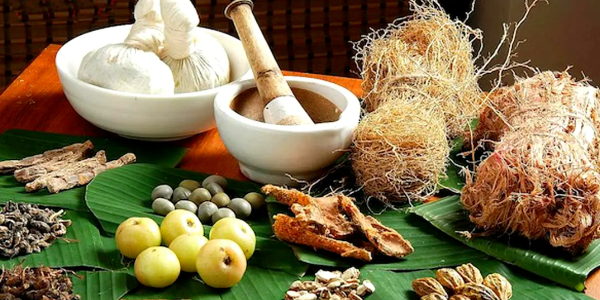With a rich history spanning thousands of years, traditional African medicine has been a cornerstone of healthcare across the continent.
How are modern healthcare systems incorporating these traditional practices, and what scientific research is being conducted to validate their effectiveness while ensuring patient safety in contemporary medical settings?



The integration of traditional African medicine into modern healthcare systems represents a significant shift in the continent’s approach to holistic healthcare delivery. Research institutions across Africa, particularly in South Africa, Nigeria, and Ghana, are conducting extensive studies to scientifically validate traditional remedies that have been used for generations. The Council for Scientific and Industrial Research (CSIR) in South Africa has been at the forefront, documenting and testing the efficacy of over 1,000 medicinal plants used in traditional healing practices.
The World Health Organization estimates that approximately 80% of Africa’s population relies on traditional medicine for their primary healthcare needs. This reality has prompted governments to develop comprehensive policies that recognize traditional healers as legitimate healthcare providers. Countries like Ghana have established dedicated research centers for traditional medicine, while Uganda has integrated traditional healers into their HIV/AIDS prevention and treatment programs.
Modern medical facilities are increasingly creating dedicated spaces for traditional practitioners, allowing for collaborative treatment approaches. This integration has proven particularly effective in mental health care, where traditional healing practices often complement conventional psychiatric treatments. Furthermore, several African universities now offer formal degrees in traditional medicine, combining ancient knowledge with modern scientific methods to create a new generation of healthcare practitioners who are versed in both traditional and contemporary medical practices.